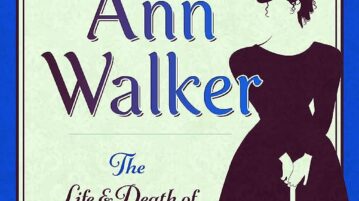
The Wife of a Tell-All Diarist
Review of Ann Walker: The Life and Death of Gentleman Jack’s Wife by Rebecca Batley and As Good as a Marriage: The Anne Lister Diaries, 1836–38 by Jill Liddington.
More
Review of Ann Walker: The Life and Death of Gentleman Jack’s Wife by Rebecca Batley and As Good as a Marriage: The Anne Lister Diaries, 1836–38 by Jill Liddington.
More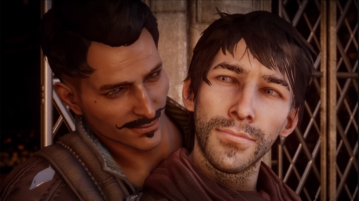
As a young adolescent who had not yet started to question his sexuality, I was stunned by the experience of romancing my female Hawke with a female party member. The idea of gay and lesbian people existing was no surprise to me, but the fact that I had initiated a same-gender romance in a video game—despite knowing that both characters have different gender identities from my own—affected me very differently than did the passive experience of, say, witnessing a gay kiss on TV or film.
More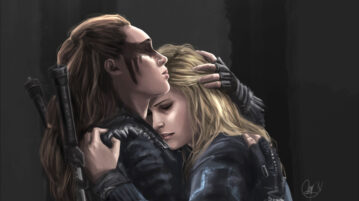
Defenses of fanfiction have been made on its creative merits, on its transformative merits, on its god-why-do-we-need-to-defend-enjoying-stuff merits, but one of the most important needs that “fic” meets is its ability to provide a low-risk space for people who are questioning their identity to explore it in a new way.
More
Rural spaces don’t have the queer population density, the culture of “outness,” or the explicitly LGBT spaces, especially ones that are fixtures, that the metropolis has. But they do have Grindr and Scruff.
More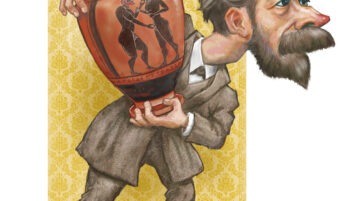
From the start, John Addington Symonds was forever asking his friends to destroy handwritten or privately printed copies of too-revealing works sent to them for review.”
More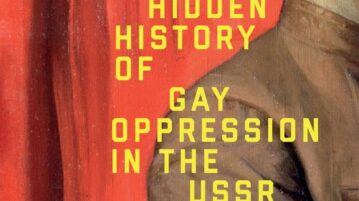
A recurring motif in Red Closet is the Russian scorn for unmanly men. As far back as Anna Karenina, one finds a scene in which the virile Vronsky, on the day of his disastrous horse race, runs into two effeminate fellow soldiers back at the officers’ club. Even Tolstoy, apparently, found queens repellent.
More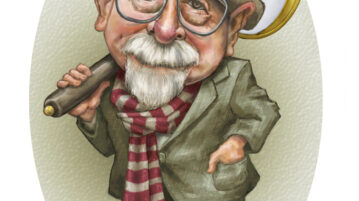
In the early 1960s, Hansen argued that magazines like ONE and Tangents should be aimed primarily at heterosexuals, not homosexuals. The same could be said of his novels, which are written as much for straight readers as for gay ones. Let’s hope that the new edition of the Brandstetter novels wins for them the wider readership they deserve. Hansen’s carefully crafted novels deserve permanent currency both as mysteries and within the canon of gay fiction.
More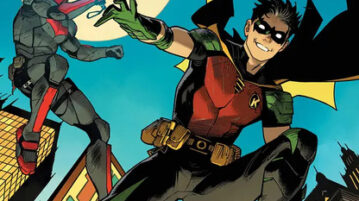
Like muscles in spandex, comics are where queer representation dwells and swells today.
More
THE BRITISH DANCE and opera critic Rupert Christiansen has written a history of Sergei Pavlovich Diaghilev’s Ballets Russes that is not aimed at scholars or specialists. Referring to his morbid addiction to “watching, thinking or dreaming about classical dance and dancers,” Christiansen chooses “to [make] connections that can explain the allure of ballet to those uninfected with my mania.”
More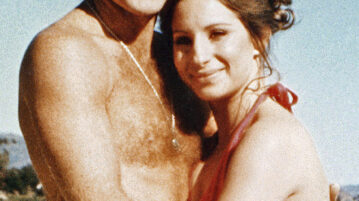
YIDDISH has entered the American language so extensively by now that most people have probably heard the word “shiksa”—especially if they’ve read Philip Roth’s Portnoy’s Complaint. It’s the Yiddish word for a gentile woman. Robert Hofler’s new book on the making of the Barbra Streisand-Robert Redford movie The Way We Were (1973) is about its masculine equivalent, the much less euphonic “shegetz.”
More